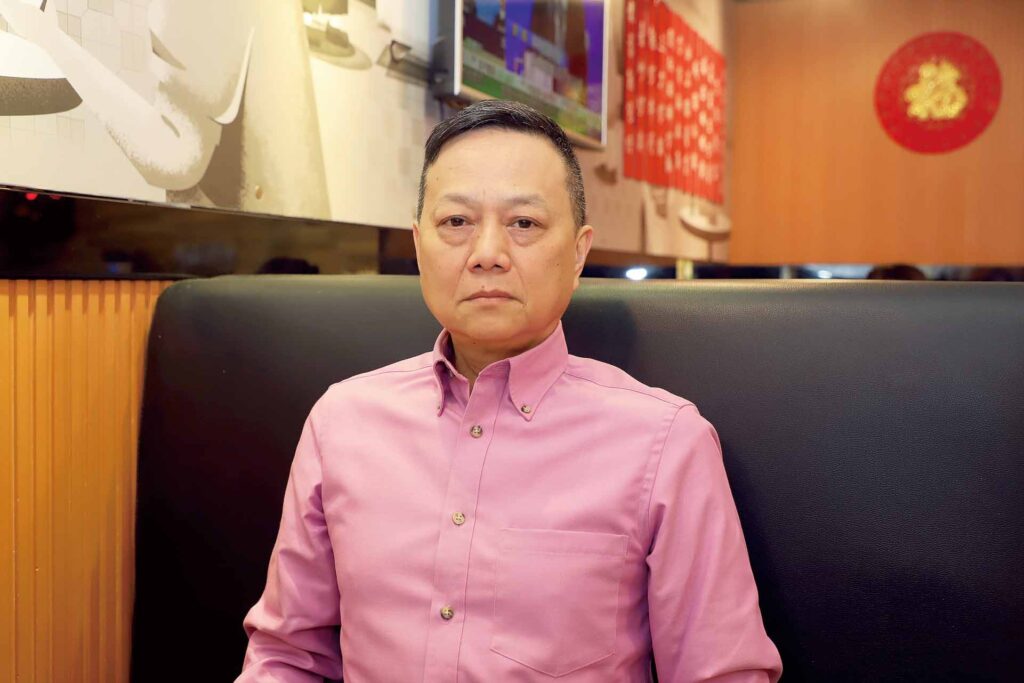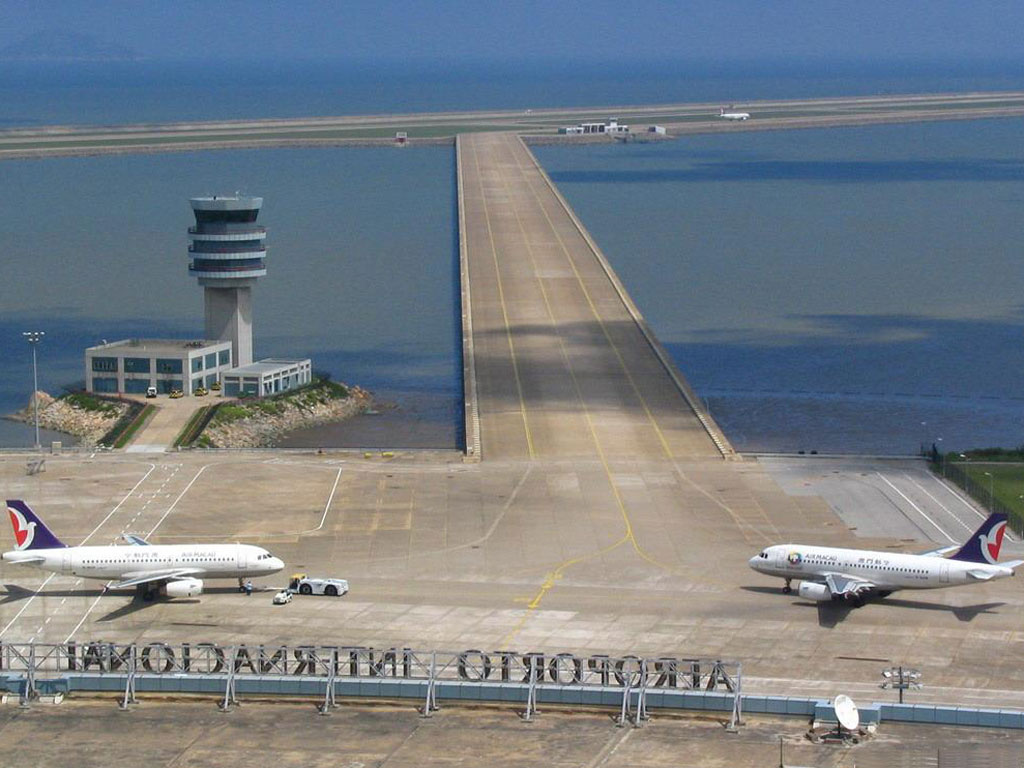Macau’s government announced on Friday the draft bill that will create a new regime for the operation of the civil aviation market, in a decisive step to liberalize Macau’s aviation market. A tourism expert told AGB that the end of Air Macau’s monopoly is “long-awaited” for the sector, as the policy is expected to boost Macau’s international visitation and become a new start for Macau to lure passengers from the Greater Bay Area (GBA).

The liberalization of the air transport market in Macau is expected to have a positive impact on the local tourism industry and create opportunities for tourism operators. Speaking to AGB, the head of the Association of Industry and Commerce Federations of Macau Tourism said that the possibility of more airlines operating Macau route will attract more visitors to the city, in line with Macau’s goal to diversify its visitor source markets and attract more international visitors.
Ben Leng said that Air Macau was allowed to operate 54 direct flights exclusively. However, the current number of operating routes is much smaller. Due to the small market dimension, some routes were suspended or not even started. At the same time, other carriers from outside have not yet been able to operate their new routes in Macau. In this case, the tourism expert believes that Macau needs to introduce competitors in the aviation market and focus on widening its source market.
“I believe that Macau lacks low-cost carriers because Macau’s flagship carrier Air Macau is a business travel style service, but some consumers prefer to have lower prices rather than unnecessary dining service during their travel”, pointed out Ben Leng.
In this case, the tourism expert indicated that Macau has to take advantage of this new regime to lure more visitors from or to the Greater Bay Area. “The GBA has a population of more than 70 million, Macau’s airport is very near Zhuhai and Zhongshan, as Zhongshan has no airport, so this will be beneficial to attract the transit tourists as well”, he added.
In addition, Ben Leng considers that the city’s aviation market has potential. An example is Macau’s current routes to Japan – only operating flights from the main cities. “Some popular destinations routes – such as Hokkaido and Kagoshima – also are in demand, but Macau doesn’t have enough passengers to sustain these kinds of routes, so I hope the opening-up will create more choice for the consumers.”
According to the Macau government, the authorities are planning to allow more airlines to base themselves in Macau by issuing new licenses.
The bill, if passed into law, will cover all civil aviation activities by local or foreign operators in Macau, including its airspace. Carriers looking to engage in commercial passenger activity in Macau must obtain a license and establish a local limited liability company.
Air Macau started operations in 1995 after winning a 25-year exclusive contract from the government. The monopoly was expected to end in November 2020 but received a three-year extension due to COVID.























